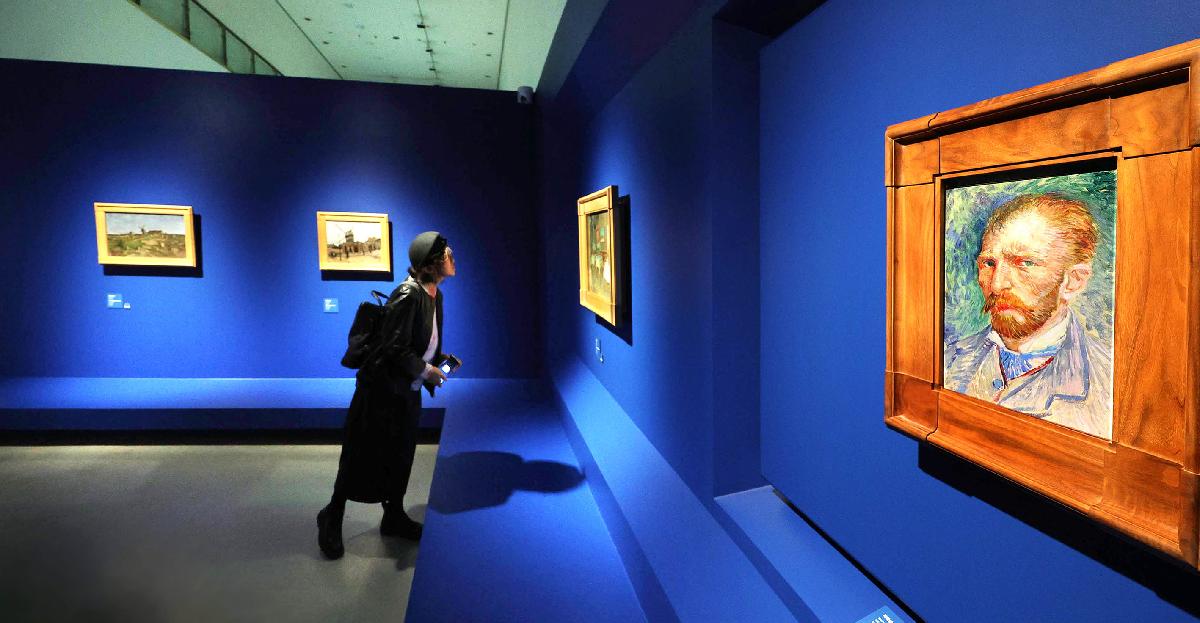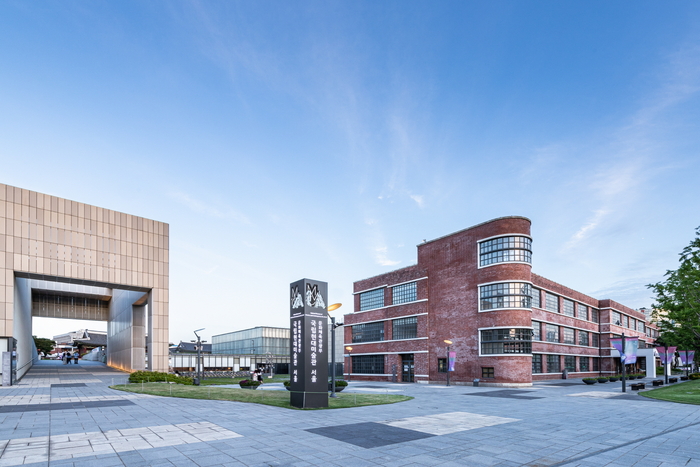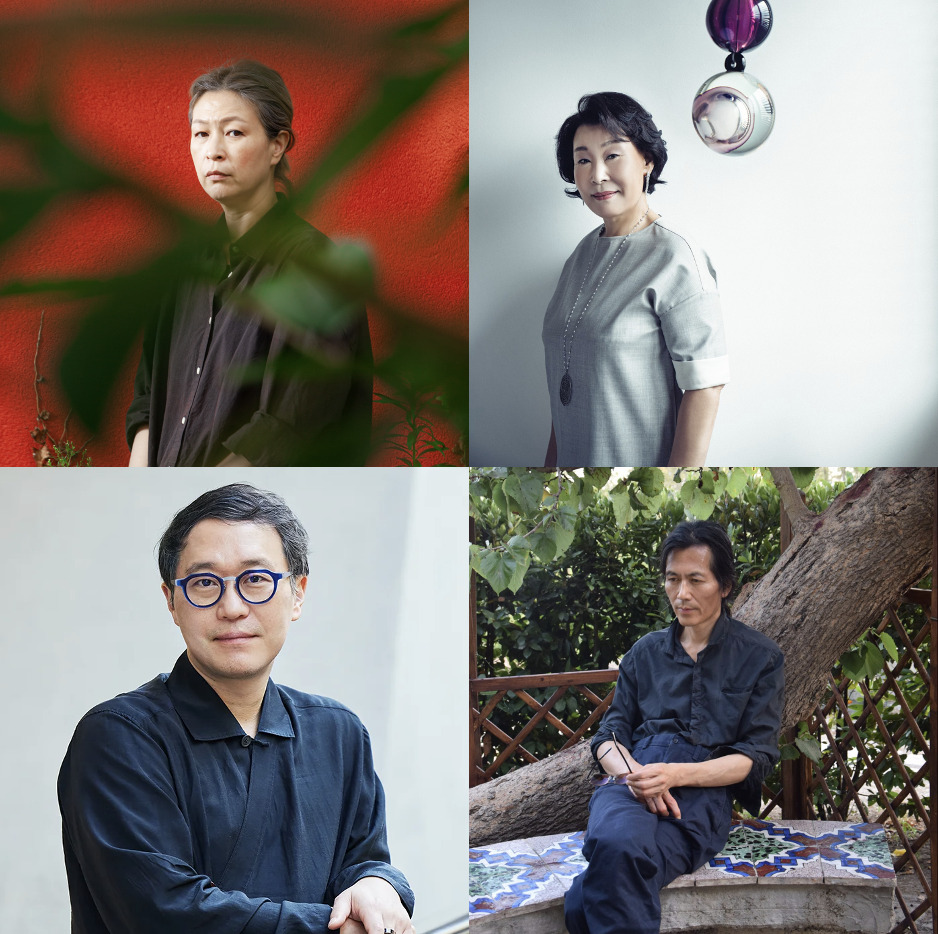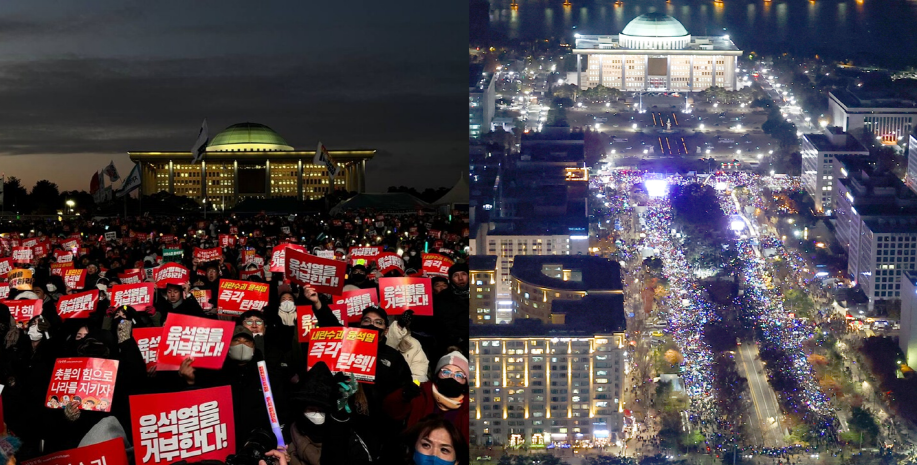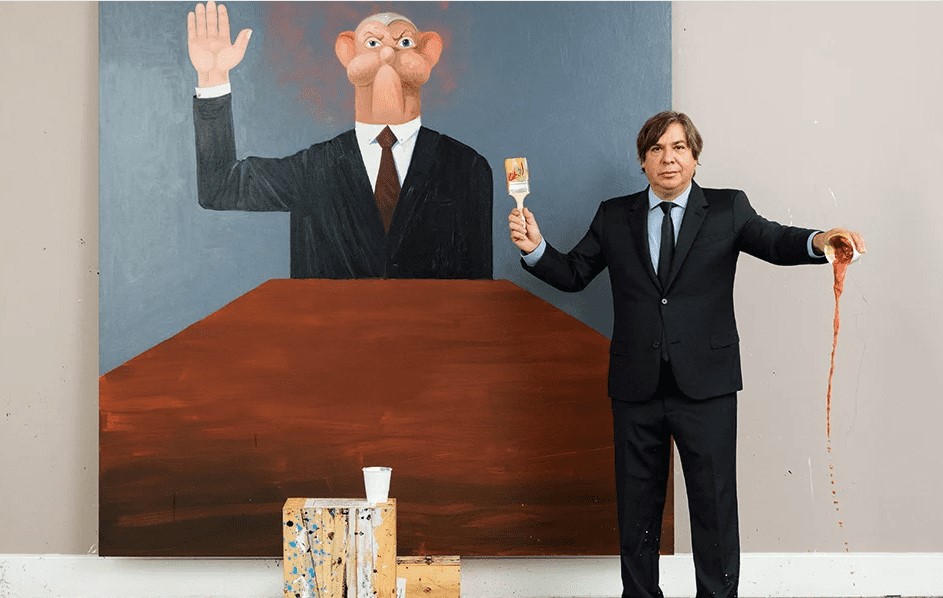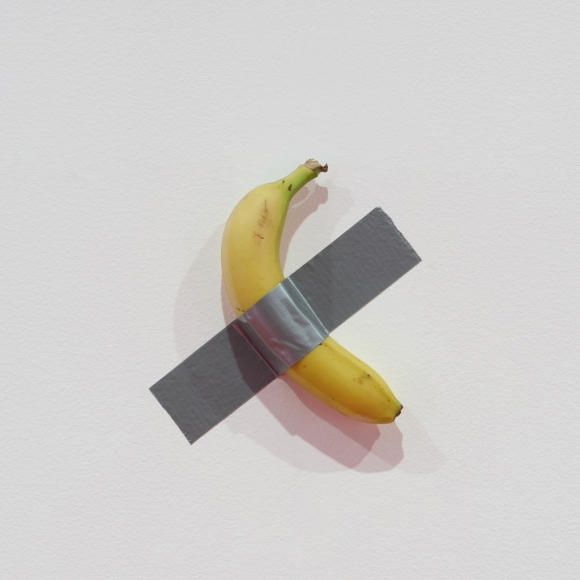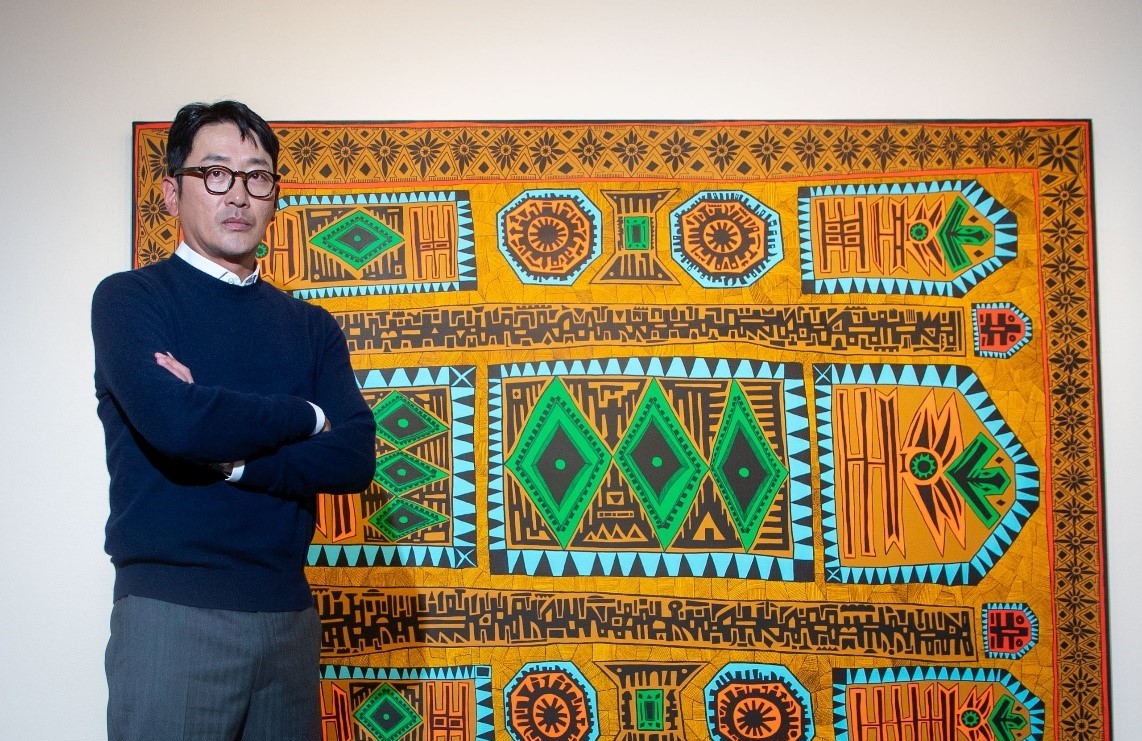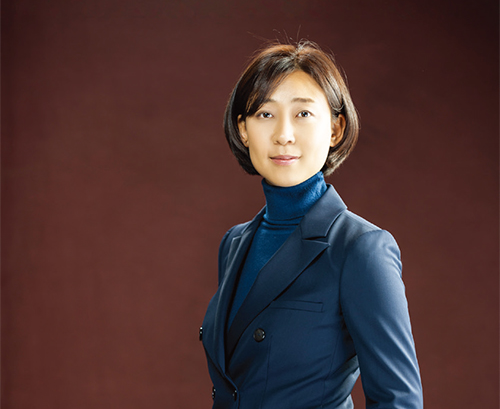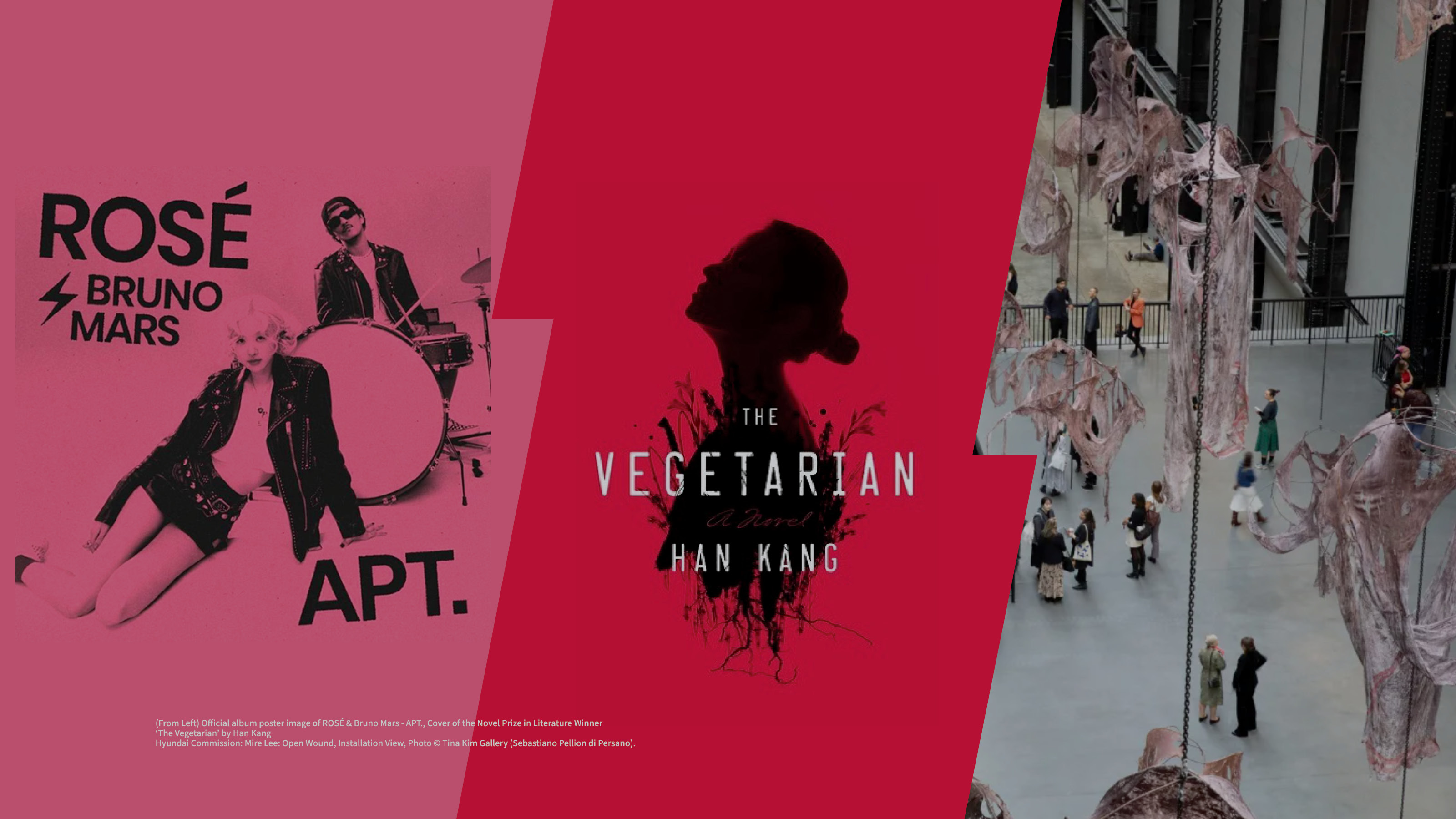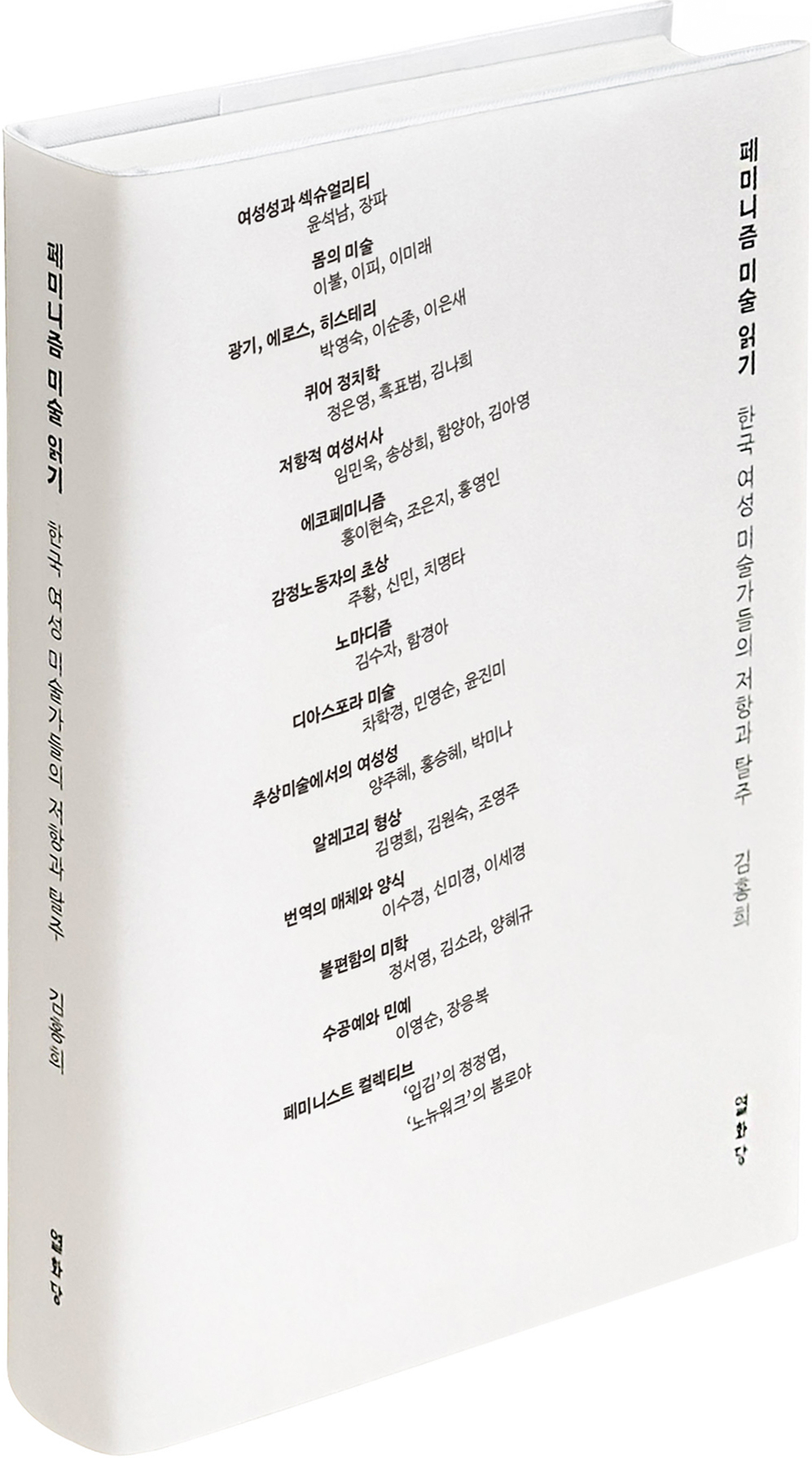Two recent major art exhibitions in the country, “VIENNA 1900. THE DREAMING
ARTIST” and “VAN GOGH: THE GREAT PASSION”, Immortalized, have captured the
public's attention in different ways.
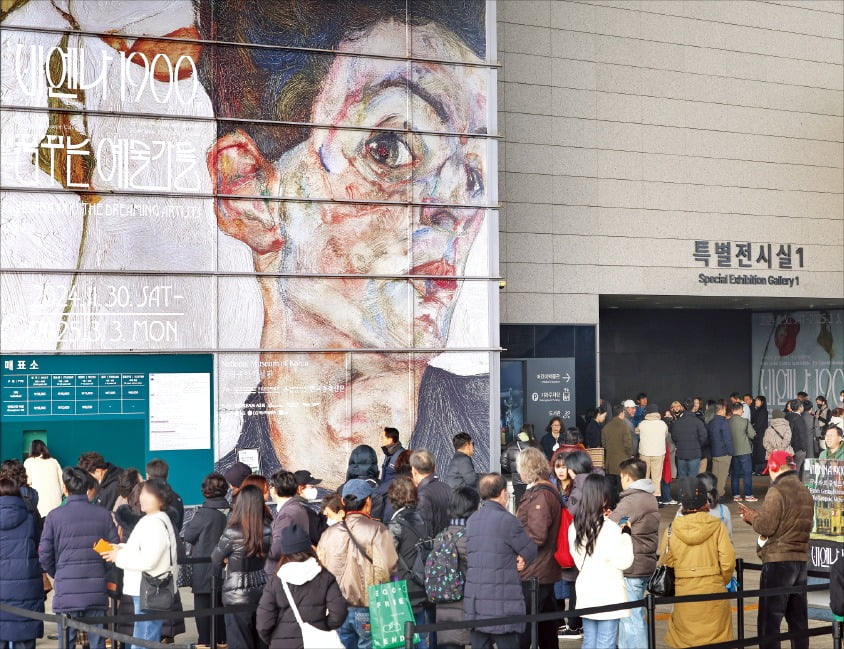 “VIENNA 1900. THE DREAMING
ARTIST” ©Hankyung
“VIENNA 1900. THE DREAMING
ARTIST” ©Hankyung“VIENNA 1900. THE DREAMING
ARTIST” was praised by art experts for its high level of composition and
meticulous curation, which is rarely seen in Korea.
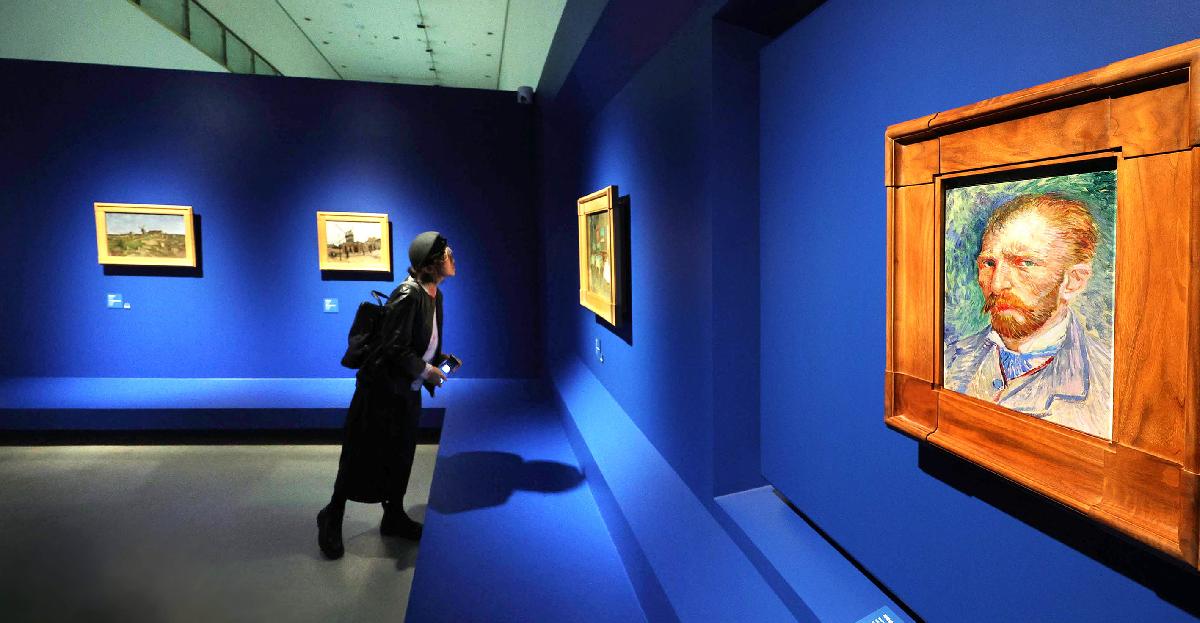 Exhibition View of
“VAN GOGH: THE GREAT PASSION” ©MK
Exhibition View of
“VAN GOGH: THE GREAT PASSION” ©MKOn the other hand, “VAN GOGH: THE GREAT PASSION” was more talked about
for its marketing than for the exhibition itself, with celebrity participation
from actors Ha Jung woo, Ko Soyoung, and group Seventeen's THE 8.
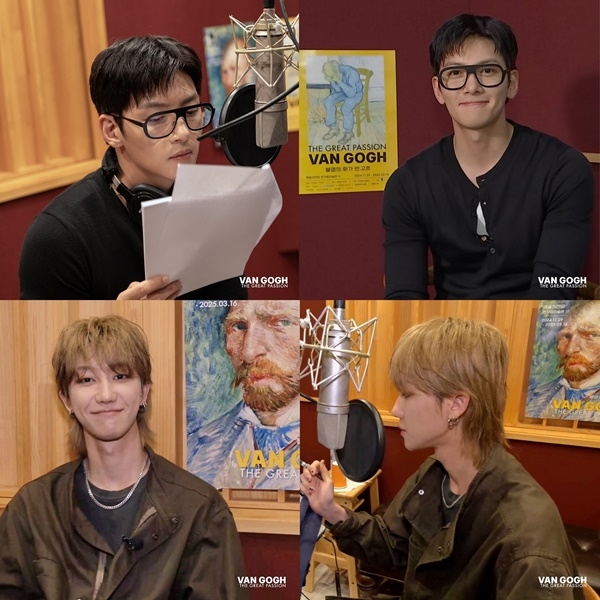
(Top) Ji Changwook, (Bottom) THE 8 ©MBN
Ha Jung-woo expressed his
love for the exhibition on social media with the phrase “My Brother Van Gogh,”
while THE 8 and actor Ji Changwook participated in recording audio guides in
Korean and Chinese, respectively. This is an example of marketing that actively
utilizes celebrities to promote the exhibition.
While this approach may seem
like an effective way to attract the public's attention, it also has the
problem of diluting the essence of the art exhibition.
The Light and Shadow of Popularization
This celebrity-centered
marketing is indicative of the current state of the Korean art scene. The fact
that celebrity participation is a major factor in the success of an exhibition
indicates that mass appeal and marketing are being prioritized over artistic
merit and critical value.
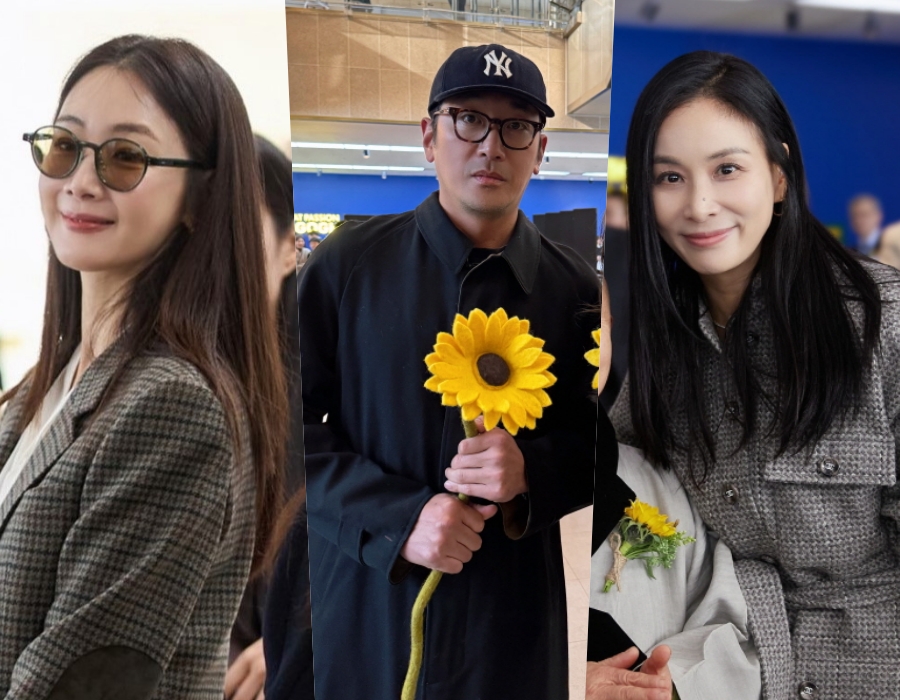 (From Left) Choi Jiwoo, Ha Jung woo, Ko Soyoung ©HMG
Group
(From Left) Choi Jiwoo, Ha Jung woo, Ko Soyoung ©HMG
GroupThis suggests that the Korean
art world has yet to establish a mature way of communicating, and reveals the
reality that the balance between popularization and artistry is still lacking.
There is nothing wrong with
the strategy of using celebrities, but the focus of the exhibition should be on
the internal value and meaning of the artwork. The experience of the viewer
interacting directly with the artwork through the exhibition should be the
centerpiece.
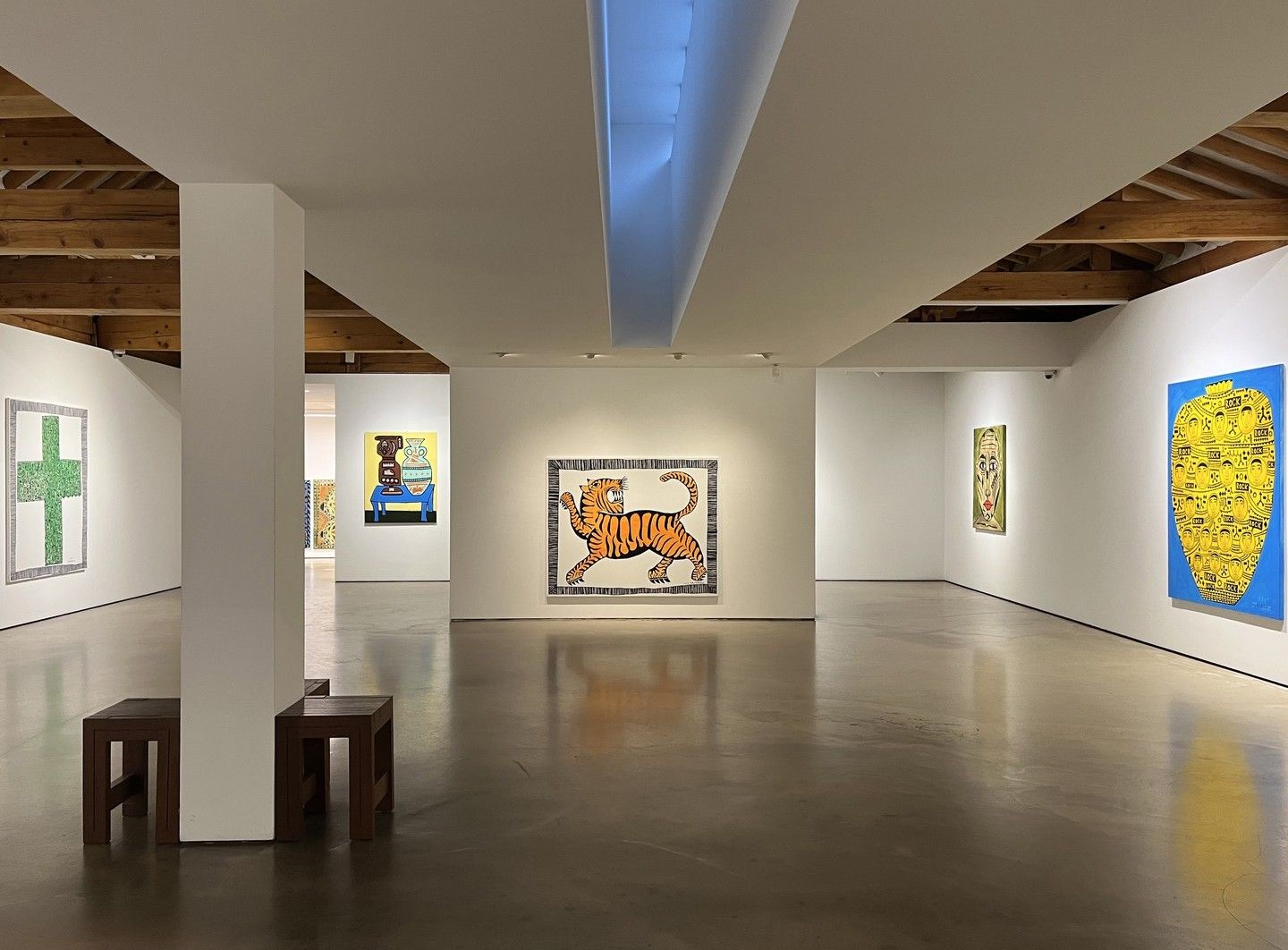 Ha Jung woo, “Never tell
anybody outside the family” Installation View ©Hakgojae Gallery
Ha Jung woo, “Never tell
anybody outside the family” Installation View ©Hakgojae GalleryIf the presence of
celebrities overwhelms the essence of the exhibition, the art world needs to
rethink its direction. Furthermore, I am concerned that Korean art
professionals and artists are losing their place in this trend.
This question reveals the
structural limitations of the Korean art world and shows the need to go beyond
mere marketing and examine the fundamental system of Korean art.
The Korean Art World in search of a New balance
While celebrity-oriented
marketing has succeeded in attracting the public's attention, there are
structural challenges in the Korean art world. For Korean art to move to the
next level, it needs to redefine the balance between public accessibility,
depth of work, and critical perspective.
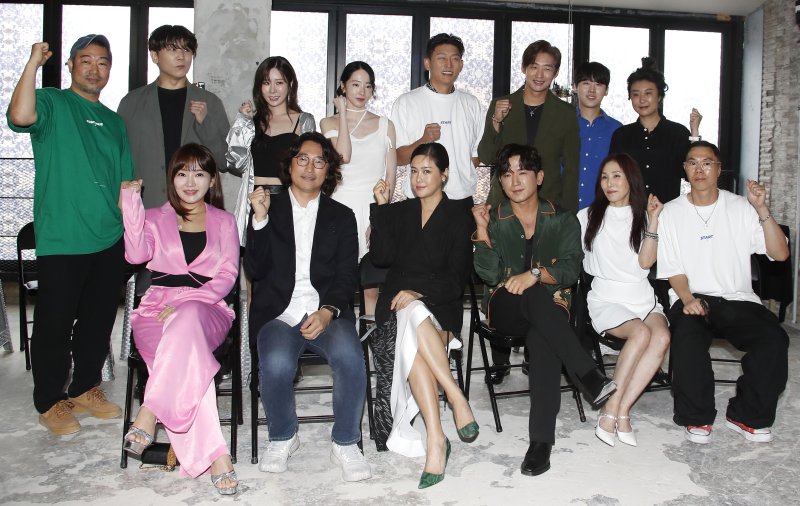 Exhibition “BBUCK [뻑]-On & Off”’s
Participating Artertainer ©News1
Exhibition “BBUCK [뻑]-On & Off”’s
Participating Artertainer ©News1Korean art exhibitions should
not only attract audiences through celebrities, but also create an environment
that helps them to deeply understand and relate to the artworks. This will
require structural improvements in curation, criticism, and a stronger focus on
the artists' own narratives.
Ultimately, the direction of
Korean art lies in a genuine exchange between the public and art centered on
the value of the work. This process will not merely change the status quo but
will help the entire Korean art scene form a new identity and set the stage for
the larger world.



